Russell Moore, a prominent theologian and former president of the Southern Baptist Convention’s Ethics & Religious Liberty Commission, has deep concerns about Christianity in the U.S.
He worries about the current trajectory of the nation’s faith and what he sees as a “crisis” within Christianity, particularly regarding the interplay of faith and politics.
Crisis of Faith
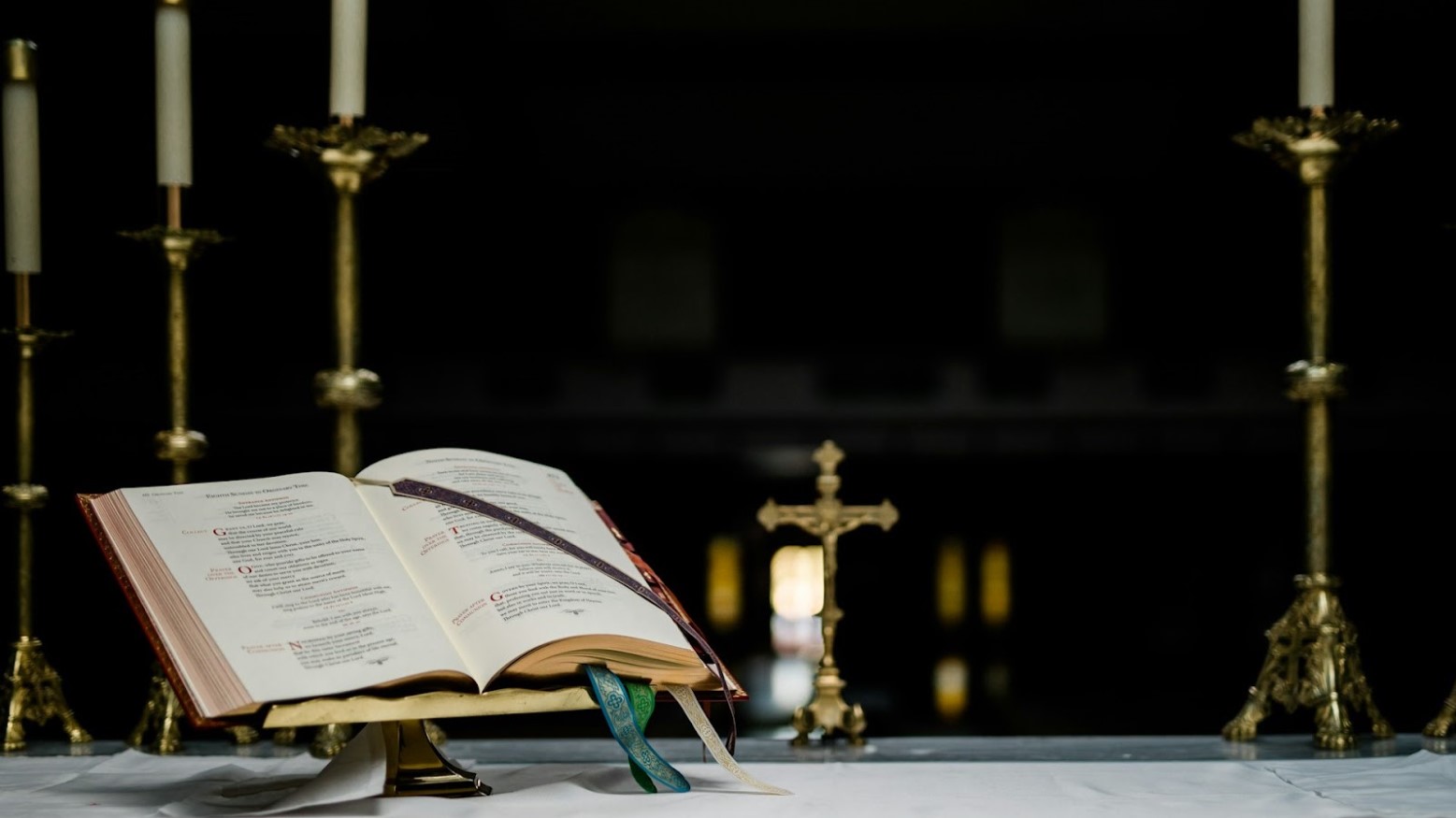
In an interview with NPR, Moore spoke about his own experiences and anecdotes from pastors who had experienced first-hand the challenges in teaching faith due to the current political climate.
Many are finding it difficult to fulfill their spiritual roles, having their preaching challenged through the prism of contemporary political divides.
The Sermon on the Mount
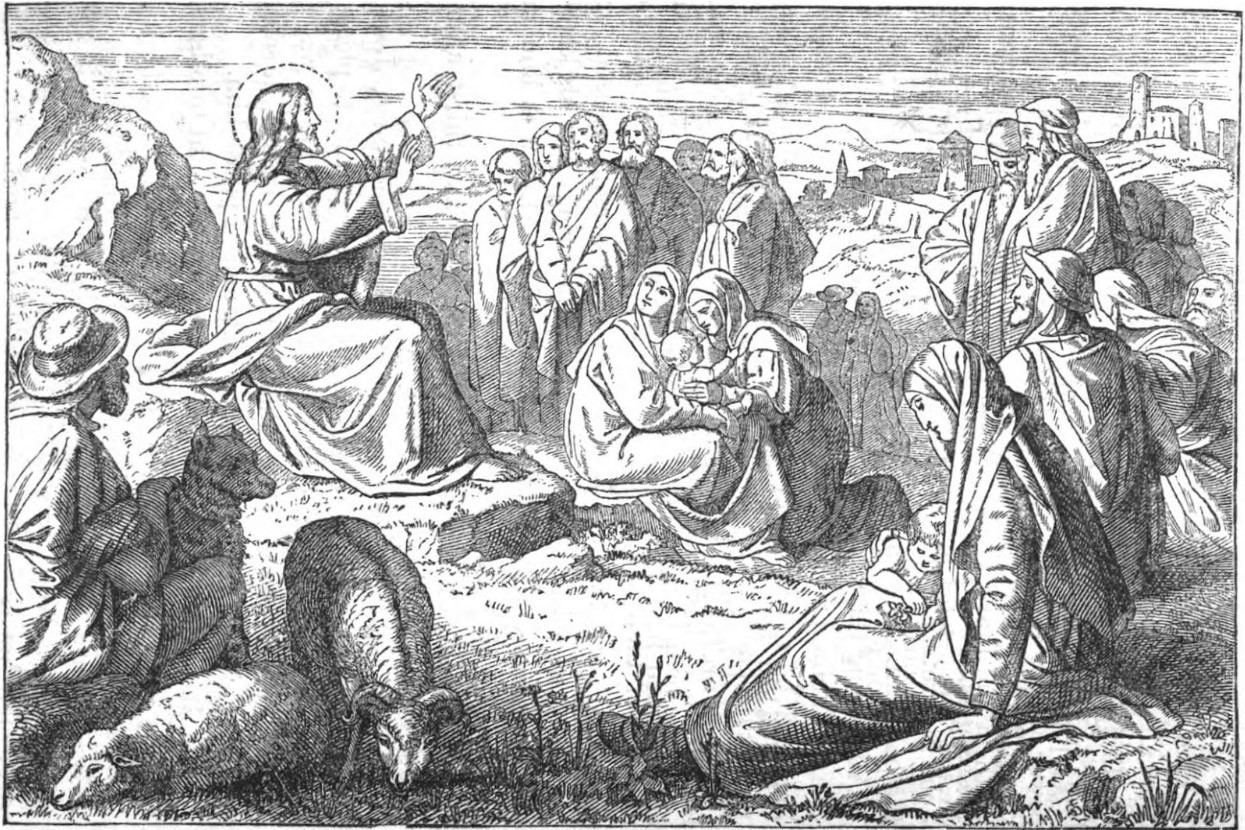
Many pastors had essentially the same story about quoting the Sermon on the Mount. The Sermon on the Mount is a pivotal doctrine from the Gospel of Matthew and a foundation of Christian moral principles.
These principles serve to guide Christians toward a life of love, peace and humility. This core aspect of the faith, though, is meeting skepticism in the political landscape of modern America.
Teachings or Talking Points
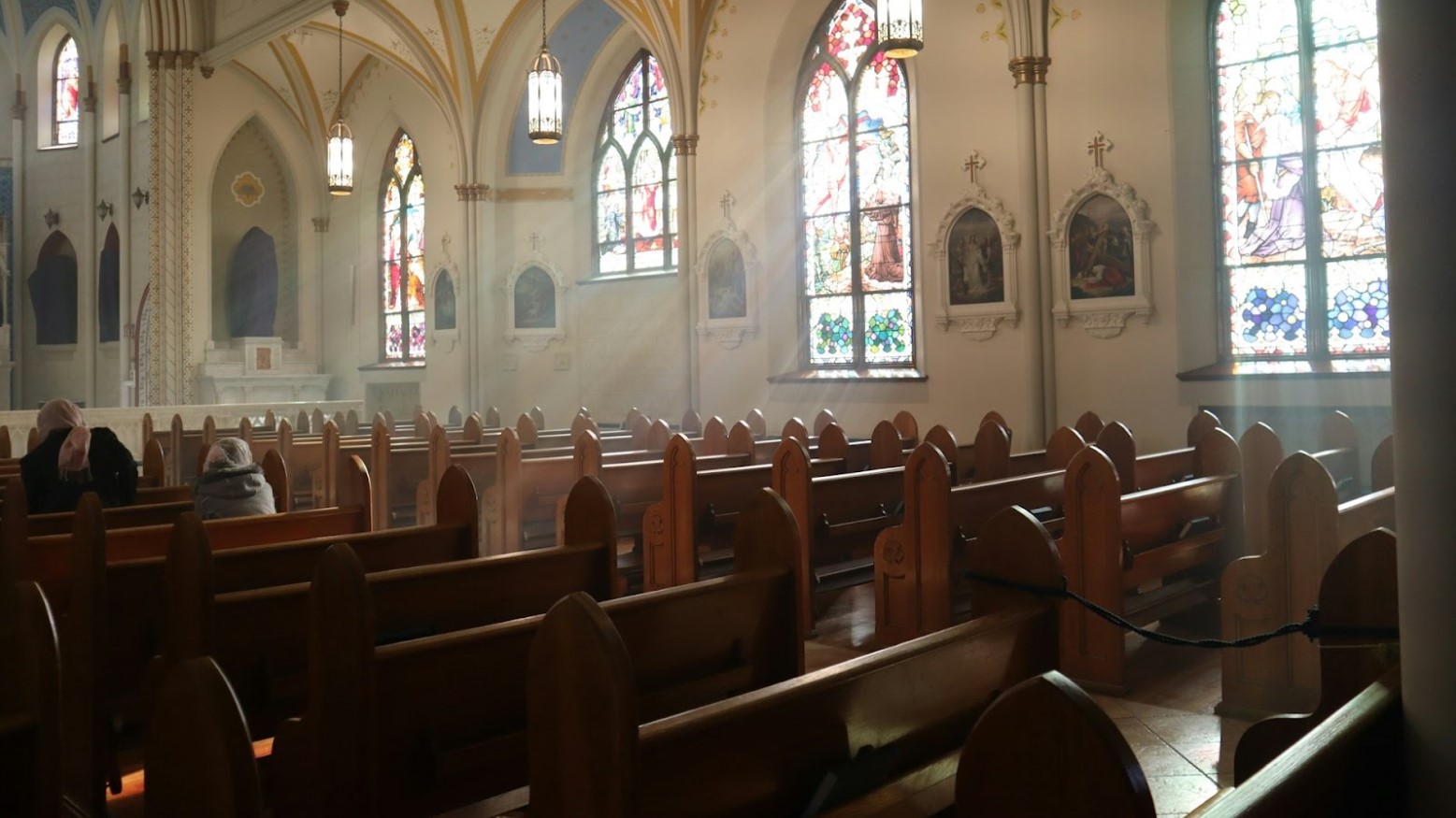
In the interview, Moore shares that many pastors have reported the same experience when quoting the Sermon on the Mount, particularly in their preaching to “turn the other cheek.”
People will question them after, asking where they got those “liberal talking points.” Despite the fact pastors are quoting Christ, their words are met with skepticism from those who see these ideas as “liberal” or “weak.”
Essential Teachings

This is the key point in Moore’s fears regarding the trajectory of American Christianity. In his own words: “When the teachings of Jesus himself are perceived as disruptive, it signifies a state of crisis.”
The teachings of the Sermon on the Mount and its clear endorsement of forgiveness are a core part of Christian doctrine. If some Christians are now viewing them as irrelevant to the modern day, this could signify a worrying shift in how Christianity is understood and applied in America.
Teachings Out of Fashion

The real crisis for Moore does not lie in a disenchantment from the Christians he preaches to, but other pastors.
Moore said when he told pastors that he was quoting Jesus Christ by calling people to turn the other cheek: “The response would not be, ‘I apologize’. The response would be, ‘Yes, but that doesn’t work anymore. That’s weak.’” For Moore, the crisis is that Christ’s own teachings are now subversive.
Tribal Divisions
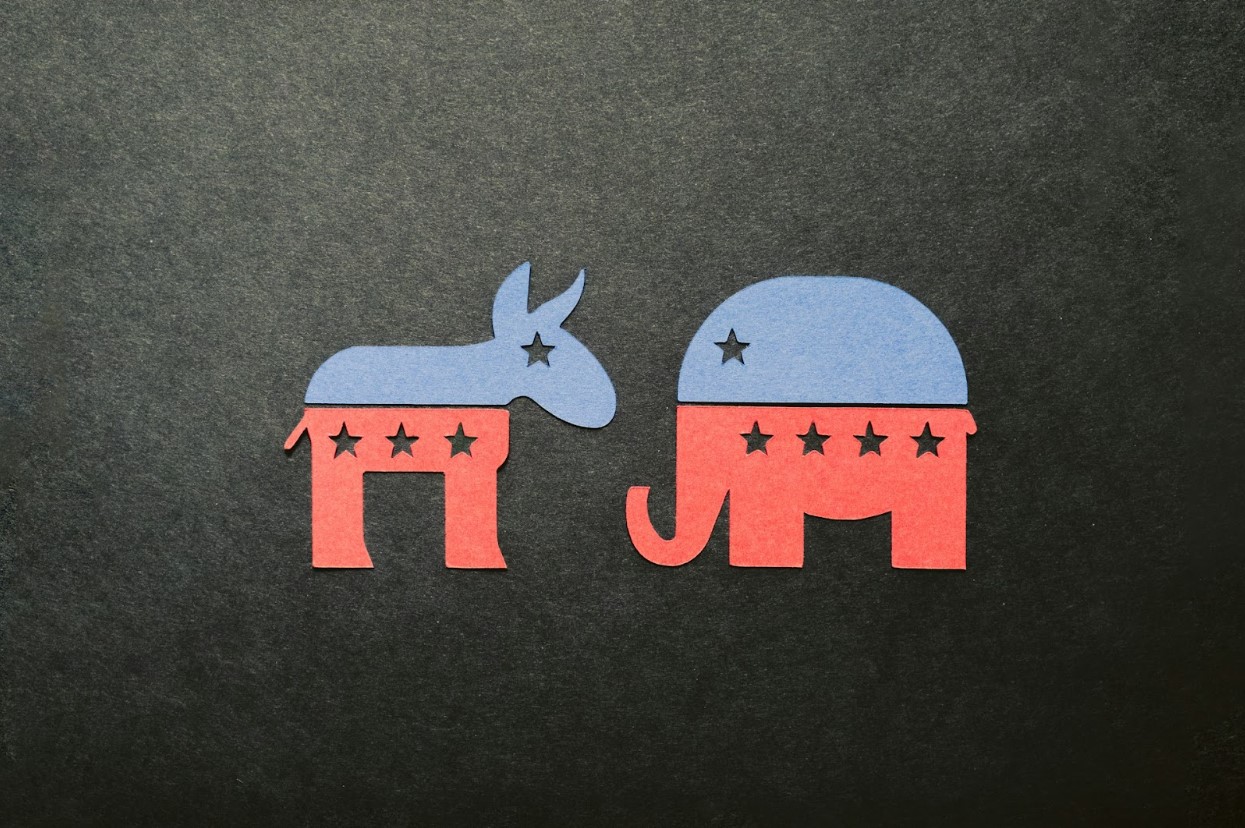
Moore asserts that what is being seen by pastors is just an extension of the fact that every aspect of American life now seems divided along tribal lines.
In his words: “Almost every part of American life is tribalized and factionalized,” with this extending to the church. He fears this fusion of political partisanship with spiritual teachings may dilute the core messages of Christianity.
An Undue Urgency
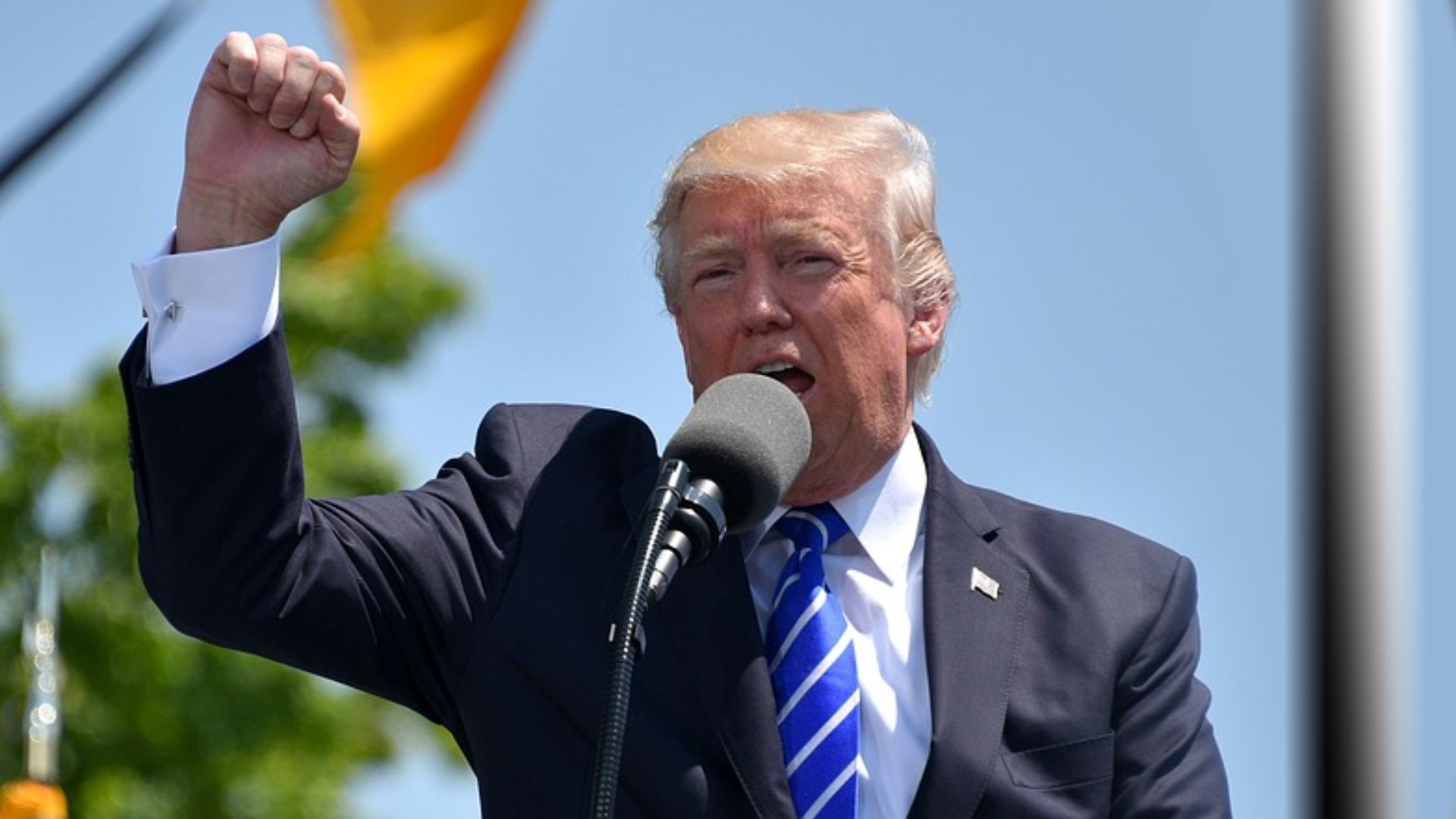
Moore said that the divisive state of politics in the U.S. is spilling into the church.
He pointed out how a lot of political issues are “packaged in terms of existential threat”, creating a sense of urgency that might not be proportional to the situation at hand. To Moore the issue does not only affect evangelical Christians. It makes everyone believe that “desperate times call for desperate measures”.
Is Moore Preaching to the Wrong Choir?

Wringing one’s hands over the tribalism that has undermined the teachings of the Sermon on the Mount might be a question of taking the teaches to the wrong audience.
Fundamentally, protestant evangelicalism is a conservative sect of Christianity. This denomination is not on the same wavelength as more liberal or moderate Christianities like non-evangelical Protestantism or Catholicism. Perhaps Moore’s call for less tribalism was always going to fall on deaf ears.
Combatting Tribalism

In terms of combatting this tribalism and tackling this crisis, Moore doesn’t believe it will be fixed by “fighting a war for the soul of evangelicalism.” He doesn’t believe it’s something to be tackled by something at a sweeping, national movement level.
Instead, he believes the solution lies in communities and local initiatives: “My counsel is always ‘small and local.’ I think we have to do something different and show a different way.” He believes this is the key to combatting the impact of political tribalism on Christianity.
Exploitation of the Bible

The crux of the issue that Moore has with pastors who now reject the teachings of the Bible in the name of the current political climate is that it exploits the Bible as a way to win points in culture wars.
Moore calls on pastors and normal Christians alike to “actually read the Bible rather than mine it for passages to win arguments”.
A Fork in the Road

In an article Moore wrote for The Atlantic, he found himself in a predicament as to what the solution should be to resolve the decline in his sect of evangelicalism.
He draws a distinction between “revival or nostalgia” of Protestant evangelicalism but emphasizes that churchgoers cannot have both. To dampen the growing sense of tribalism, you cannot simultaneously rally forth with a new zeal and also harken back to the past.
Moore Wants to Look Forward
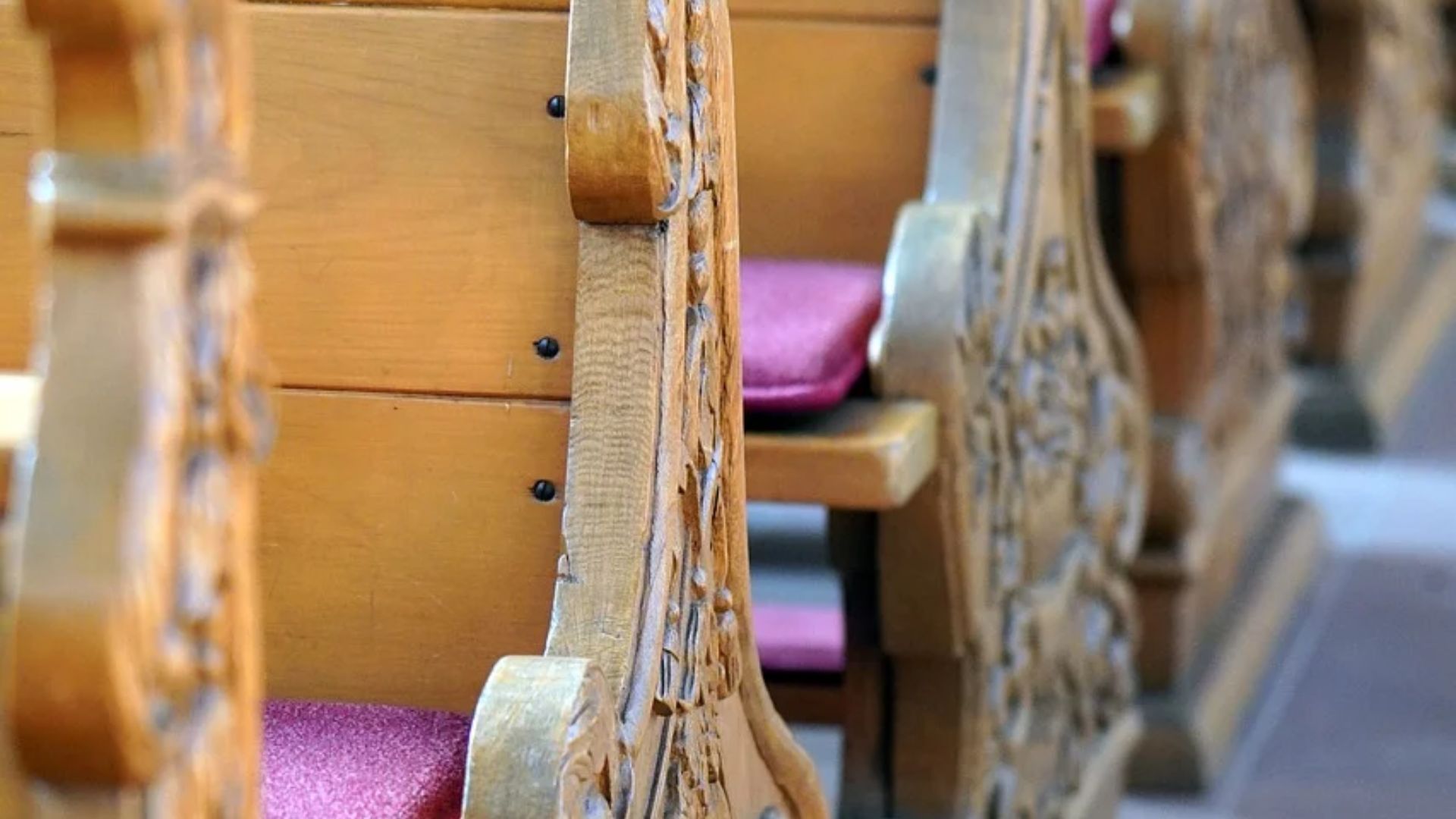
Moore seems to have set his heart on the idea of revival. Why does nostalgia seem like the wrong answer to this problem for him?
He writes that the church reminds people that a crisis such as the one he refers to can “lead to grace”. Moore continues: “Churches must stop the frantic rhetoric and desperate lack of confidence that seek to hold on to the Bible Belt of the past.”
What Would Moore’s Revival Look Like?

From his article, it seems clear that Moore has decided that clinging onto the church’s past is useless, and the only solution is to revive the church. But what does that look like?
Moore writes: “Those worthy of the word evangelical should nurture the joyous and tranquil fullness of faith that prays for something new. We must refocus our attention on conversion rather than culture wars.”
Protestant Evangelicalism May Not Be The Solution
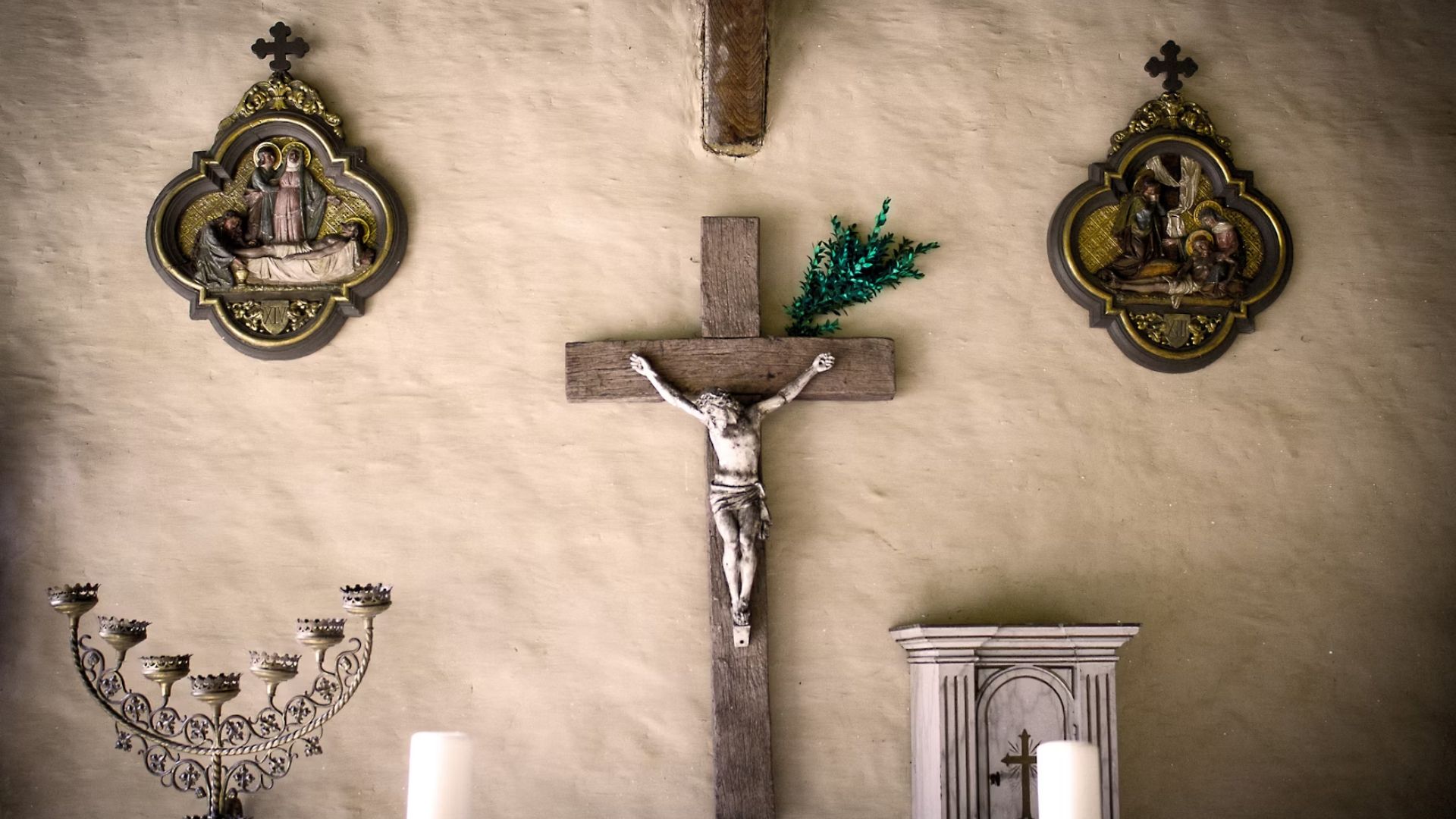
A major difference between Protestant evangelicalism and other denominations is that it already understands God’s love to be conditional and divided among those who are on the inside, who have already come to the light.
‘Turning the other cheek’ becomes much more difficult when a church already divides people along the lines of the ‘saved’ and those who are already ‘condemned’.
Turning The Other Cheek Has Another Meaning

There are infinite ways to interpret the teaching to ‘turn the other cheek’.
Rather than simply refraining from retaliation, the devil lies in the detail. Theologians like N.T. Wright and P.T. Penley have noted that Roman soldiers would slap Jewish citizens on their right cheek with the back of their hand, a slap reserved for inferiors. Turning the other cheek forced Roman soldiers to hit a colonized people as an equal.
Moore and Trump

Moore, the current editor-in-chief of Christianity Today, is no stranger to championing opinions his peers find controversial, putting him at odds with the Southern Baptist Convention.
He has openly criticized Donald Trump, which saw him somewhat ostracized by other evangelical leaders, many of whom embraced and voiced support for the former president.
Other Controversies

He was also critical of the Southern Baptist Convention, voicing concerns about the organization’s response to a sexual abuse crisis and condemning what he viewed as an increased tolerance for white nationalism within the church.
Ultimately, Moore stepped down from his position in the Ethics & Religious Liberty Commission and left the Southern Baptist Convention altogether soon after.
Losing Our Religion

This saw Moore cut ties with an institution that had, to that point, defined his professional career and his life to a large degree.
Following his departure from the Southern Baptist Convention after putting himself at odds with other prominent evangelical leaders, Moore explored how faith has become intertwined with culture wars and politics in his book ‘Losing Our Religion’.
Upholding Religious Teachings

We cannot pretend that organized religion has previously been fully insulated from politics, but it certainly seems that today the boundaries between religious teaching and political ideology are more blurred than ever.
Moore’s concerns really serve as a reminder that the core teachings of Christianity center on love, humility and compassion — this is something that should remain untouched by politics and stresses the important responsibility religious teachers and leaders have in upholding the sanctity of these teachings in the contemporary political landscape.
A Divided Response to Talks of Division

Moore’s concerns of crisis speak to a divide in Christianity. This is somewhat evident in the split reaction to his words.
Some seem inclined to emphasize how Jesus’ teachings align with values that some might see as liberal, while others question the seriousness of Moore’s perceived “crisis.” Others outright reject the notion of organized religion and advocate spirituality. The dialogue around Moore’s concerns underscores the current tensions as politics meets faith.
Moore Is Not the Only One
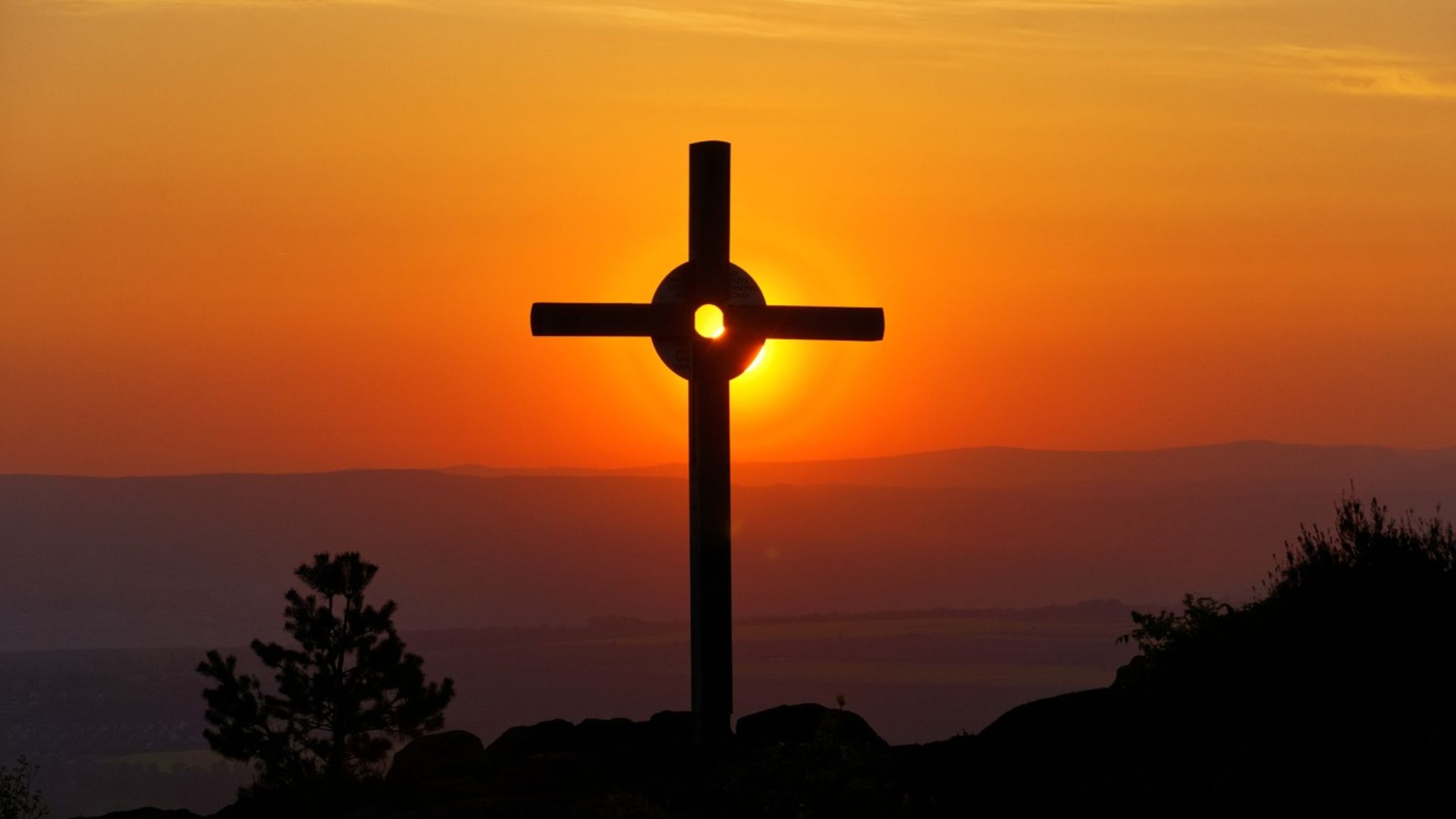
Russell Moore is not the only pastor who sees the evangelical church in decline due to political divides throughout the country.
In an article for Baptist News Global, retired United Methodist minister, Martin Thielen, listed out the teachings of Jesus such as “welcoming strangers”, and avoiding the “self-righteous judgment of others” that have been compromised because of anti-LGBTQ legislation and anti-immigrant sentiments.
Are Christians Abandoning Christ For Politics?

Thielen continues to talk of how the teachings of Christ have been cast aside for “America First” nationalism and gun violence obstructing the imperative to protect children.
He concurred with Moore, writing: “a large number of American Christians no longer even try to follow the example and teachings of Christ. Instead, Jesus is too “woke” for them. Russell Moore is correct. This is a crisis. And it needs to stop.”
Moving Forward As Christians
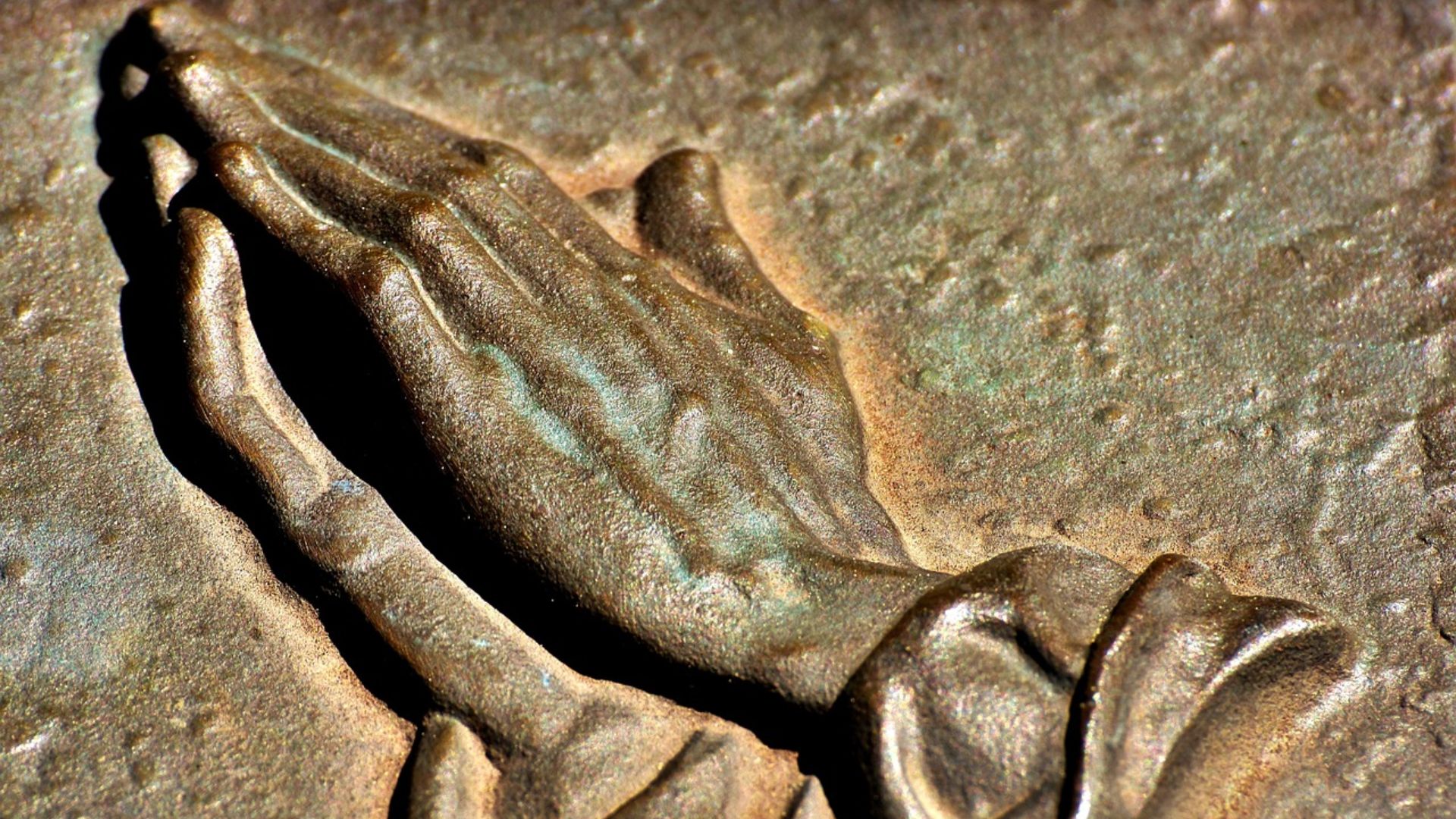
Moore believes that the animosity of politics should be left outside the church doors.
The pastor believes that we should return to a type of church that “stands apart from those sorts of factions”. Moore said: “I think if we’re going to get past the blood-and-soil sort of nationalism or all of the other kinds of totalizing cultural identities, it’s going to require rethinking what the church is.”
